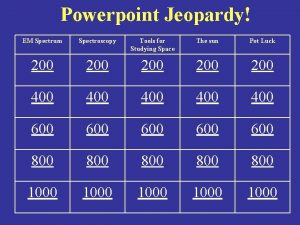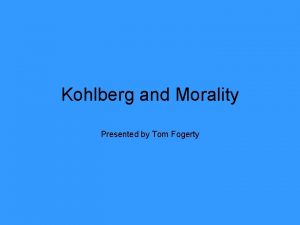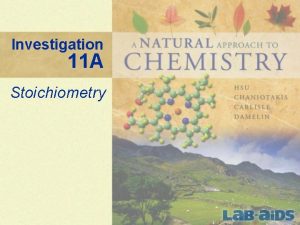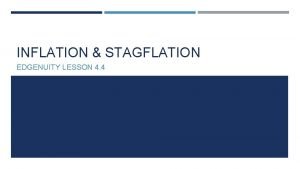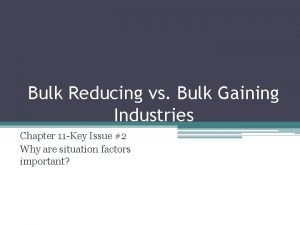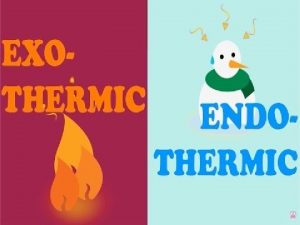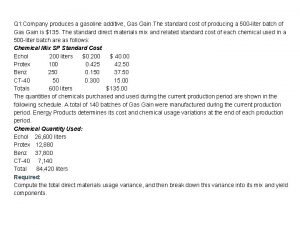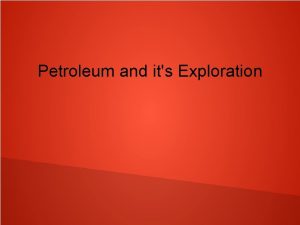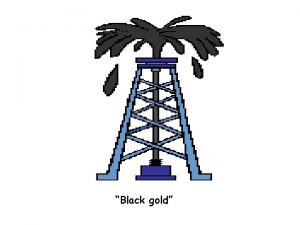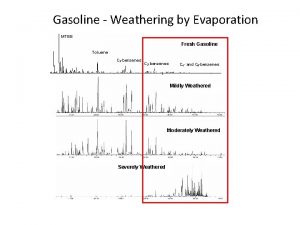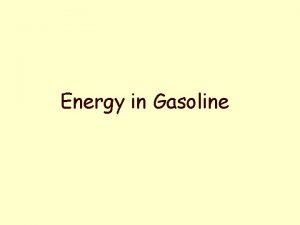Gasoline Gasoline like the petroleum from which it








- Slides: 8

Gasoline Ø Gasoline, like the petroleum from which it is derived, is a mixture of hydrocarbons. The typical alkanes in gasoline have formulas ranging from C 15 H 12 to C 12 H 26. Ø There also small amounts of other kinds of hydrocarbons present, and even some sulfur-and nitrogencontaining compounds. 1

Gasoline Ø Gasoline, also known as petrol, is the most commonly used transport fuel. It is a highly volatile hydrocarbon derived from crude oil. Ø In its natural state gasoline is a liquid with a strong solvent smell. Typically, it is used to fuel internal combustion engines for cars, motorbikes, trucks, boats and other transport vehicles. 2

The Octane Ratings of Gasoline • Gasoline varieties are distinguished by their octane rating. • In most countries regular gasoline has a rating of 91 or 92 octane. Premium fuels usually have an octane rating between 94, 95 or 96. • The top quality fuel for road vehicles are often referred to as “Ultimate” and generally have an octane rating of 98. These fuels often contain additives such as lubricants which reduce engine wear and increase engine efficiency. 3

Octane Boosters • An octane booster is a product which is designed to raise the octane rating of fuel. The idea behind octane boosters is that by increasing octane in certain types of engines, people can increase power, and sometimes vehicle efficiency. • The higher the octane rating, the greater the resistance to pre-ignition, which translates into an ability to increase the compression ratio in the engine, generating more power. 4

Octane Boosters • Chief among these additives was tetraethyl lead. This compound, when added in amounts as small as 1 m. L per liter of gasoline, increases the octane rating by 10 or more. • Octane boosters to replace tetraethyl lead have been developed. Methyl tert-butyl ether is perhaps the most important. Methanol, and tert-butyl alcohol also are used. None of these compounds is nearly as effective as tetraethyl lead in boosting the octane rating. 5

Finally… • The world has a limited supply of petroleum, and current estimations tell us that within the next few decades mankind will have completely depleted this valuable natural resource. • Although measures have been taken to ensure that there are cheap, renewable fuel options in place for the eventuality it is still obvious that mankind faces a serious problem when petroleum supplies finally run out. 6

When will fossil fuels run out? • Fossil fuels are hundreds of millions of years old, but in the last 200 years consumption has increased rapidly, leaving fossil fuel reserves depleted and climate change seriously impacted. • Reserves are becoming harder to locate, and resources won’t last forever – here’s when fossil fuels could run out. 7

How long will fossil fuels last? • The Earth's supply of fossil fuels is limited. Estimates of reserves vary greatly, depending on the assumptions made. • Even the most optimistic estimates, however, lead to the conclusion that our nonrenewable energy sources are being depleted rapidly. • Global fossil fuel consumption is on the rise, and new reserves are becoming harder to find. Those that are discovered are significantly smaller than the ones that have been found in the past. 8
 Which features of the sun look like huge cloudlike arches?
Which features of the sun look like huge cloudlike arches? Which is worse stealing like karl or cheating like bob
Which is worse stealing like karl or cheating like bob Stoichiometric gasoline
Stoichiometric gasoline Typically low inflation is a sign of
Typically low inflation is a sign of Chapter 42 gasoline injection diagnosis and repair
Chapter 42 gasoline injection diagnosis and repair Bulk reducing and bulk gaining industries
Bulk reducing and bulk gaining industries Is baking bread endothermic or exothermic
Is baking bread endothermic or exothermic Whmis 2015 exam answers
Whmis 2015 exam answers A company produces a gasoline additive
A company produces a gasoline additive
